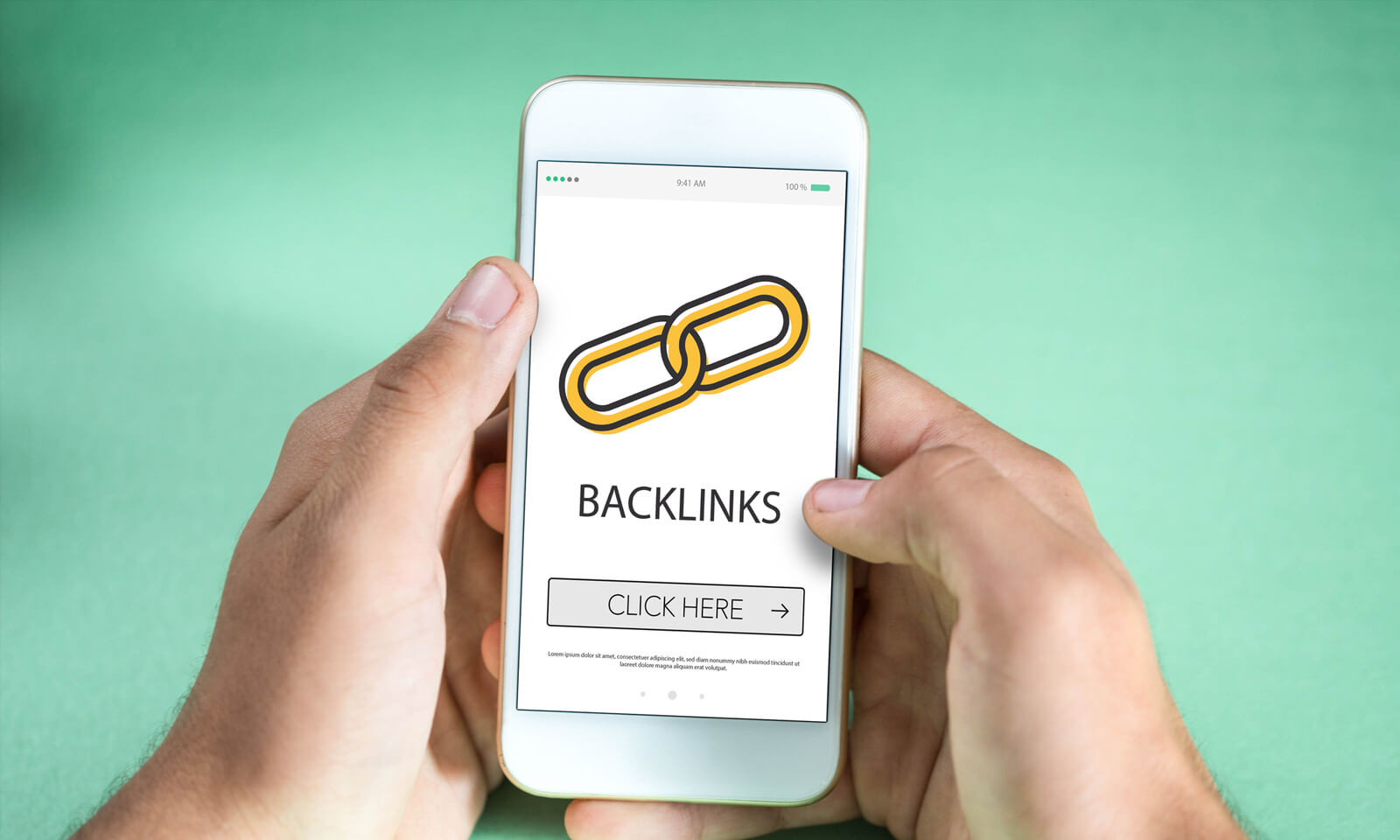
If you’ve recently opened an online store, your imagination is probably churning with ideas about how to promote your business. If you’ve been doing your digital marketing homework, you’ve probably come across the term link building during the course of your research. Link building can be kind of a complicated concept, but when it’s done well, the SEO boost it lends to your site is definitely worth the effort. Read on for some link building tips for new sites, and you’ll be well on your way to improving your store’s visibility!
What is link building?
Simply put, link building is the practice of earning links from other websites. Why do SEO professionals concern themselves with this? Well, as you probably already know, search engines use complex algorithms to determine which websites they’ll return for any given search query. While we don’t know everything about what goes into those algorithms (search engines are notoriously tight-lipped about their criteria), we do know that incoming links are considered significant indicators of relevance, authority and trust. Websites that search engines recognize as being relevant to the search query, authoritative within their industries and trustworthy sources of information are more likely to show up in the search results.
Incoming links are considered significant indicators of relevance, authority and trust.
When another website links to your store, it’s like they’re giving you a thumbs-up or a vote. The more highly regarded the linker is, the better that reflects upon the linkee. Think of it like a political endorsement: If a reputable organization supports your run for office, others will take note and think better of you. On the other hand, if you receive an endorsement from an organization that either no one has heard of or that’s not very respected, it’s probably not going to do you any favors. Links work the same way. You want links from sites that are highly regarded and relevant to you, and you want to avoid links from spammy directory sites or those that are unrelated to your industry.
How are good links earned?
Earning valuable links to your store can be time-consuming. But as with all SEO efforts, the time you put in will eventually result in more organic traffic (and hopefully more revenue) for your store. The best way to start is by determining which link building tactics are worth your time. Here are a few questions to ask yourself:
Does your store have a brick-and-mortar location? If so, local SEO will help you build links from directories and review sites that are actually worthwhile. Getting your local SEO in order is actually pretty simple, and it’s something that every brick-and-mortar store should do. Read our blog post for more information about local SEO.
If your inventory includes an item that isn’t sold anywhere else, you may have a significant leg up on link building.
Do you sell a unique product? If your inventory includes an item that isn’t sold anywhere else, you may have a significant leg up on link building. This can also be the case if you sell something that requires a lot of comparison shopping, especially if your version of the product is superior. For example, if you sell LED dog collars that feature enhanced comfort or longer battery life than average, you can use those competitive advantages to build links from online product reviewers.
You may have noticed that there are booming review industries on YouTube for things like cosmetics and toys. Similarly, there’s a world of product review bloggers in just about every industry you can imagine. It’s easy to find these influential folks with a quick Google search — simply find an email address, reach out and offer to send one of your awesome products for review. Just be aware that in certain industries, these reviews are in high demand and the video producer or blogger may ask you to pay a fee in order to be featured. Even so, one or two positive reviews from reputable sources can do wonders for your store.
Is there an active blogosphere in your industry?
Even if you’ve determined that product reviews aren’t the way to go, you may still be able to benefit from influencers writing about topics that are important to your industry. Keep in mind that if you’re reaching out to a blogger for link building, you need to have something to offer them. This might be an infographic you’ve created, a useful piece of content that they might be able to reference or just a listing of your site that they could add to a resources page.
If you’re regularly creating your own blog content or building a resource library for your site, you’re already producing linkable assets.
If you’re regularly creating your own blog content or building a resource library for your site, you’re already producing linkable assets. Find bloggers who write about similar topics to your own and offer them one of your assets — a news post, infographic, etc. If they agree that it would be useful to their audience, they could write a blog post that links back to yours. You might also offer yourself as a guest blogger on their site. Most bloggers allow guests to link back to their own sites within posts or author bios.
What are the do’s and don’ts of link building?
In link building, the don’ts are more important than the do’s. Search engines keep a close watch on websites’ link profiles, and if it appears that a site has acquired its links through unnatural means, they may issue a harmful link penalty against that site. Link penalties can cause sites to disappear from search results, and they can take years to recover from.
The best way to avoid a link penalty is to follow the search engines’ guidelines for link building.
The best way to avoid a link penalty is to follow the search engines’ guidelines for link building, just as we always try to follow best practices for SEO in general. Search engines want to make sure that websites go about increasing their organic traffic, well, organically. This means that, in an ideal world, other sites would link to you entirely of their own accord. But link building does allow for some types of asks, as long as you follow the rules.
Never, ever pay for links.
This contradicts with our tip about paid reviews, but the type of transactions we’re talking about here are slightly different. It used to be common for website owners to pay for their sites to be linked from a bunch of directories or other link networks all at once. Now, search engines discover these link farms quite easily, and they may be tipped off by a sudden increase in the number of links to your store from low-quality sites. It’s highly frowned upon to pay for even a single link or to participate in a link tradeoff between one site and another — this is called a link exchange and it can be reported to the search engines with devastating results.
Don’t spam social networks or forums.
Logging into Reddit or an industry forum and commenting on every available post seems like an easy way to earn relevant backlinks. However, most forum moderators are savvy to this trick and will quickly downvote or remove posts that appear to exist solely as link spam. It’s okay to contribute to forums, but make sure you’re actually contributing. Only link to your product page if that product solves the problem that’s being discussed in the thread.
Guest blog with caution.
In 2014, former head of Google Webspam Matt Cutts declared that guest blogging was dead. That statement has since been revised, but the sentiment still stands: If you’re going to use guest blogging for link building, you have to do it right.
Do not offer to write a guest blog for another site (or accept a guest blog from someone else) if it simply rehashes information that’s already been shared.
Just like forum comments, guest blogs must be unique and genuinely useful to the blog’s readers. Do not offer to write a guest blog for another site (or accept a guest blog from someone else) if it simply rehashes information that’s already been shared. Bad guest blogs are pretty obvious, and there are far too many sites that take advantage of this tactic without providing anything of value. Keep guest blogging in your back pocket, but don’t let it be your go-to strategy.
Link building is a skill that takes patience, time and lots of practice. You’re likely to encounter your fair share of rejection, but remember that you should be focusing on quality of links, not quantity. If your targets are well-chosen and your tactics are above board, you should be able to reap the benefits of this tried-and-true off-page SEO strategy.
Start Your Link Building Strategy with Volusion
Volusion’s simple to use ecommerce platform offers tons of features to help you easily manage blogs and build backlinks to your site. Our in-house design and marketing agency, Studio, can assist with improving your online store and increasing brand awareness for your ecommerce business.











